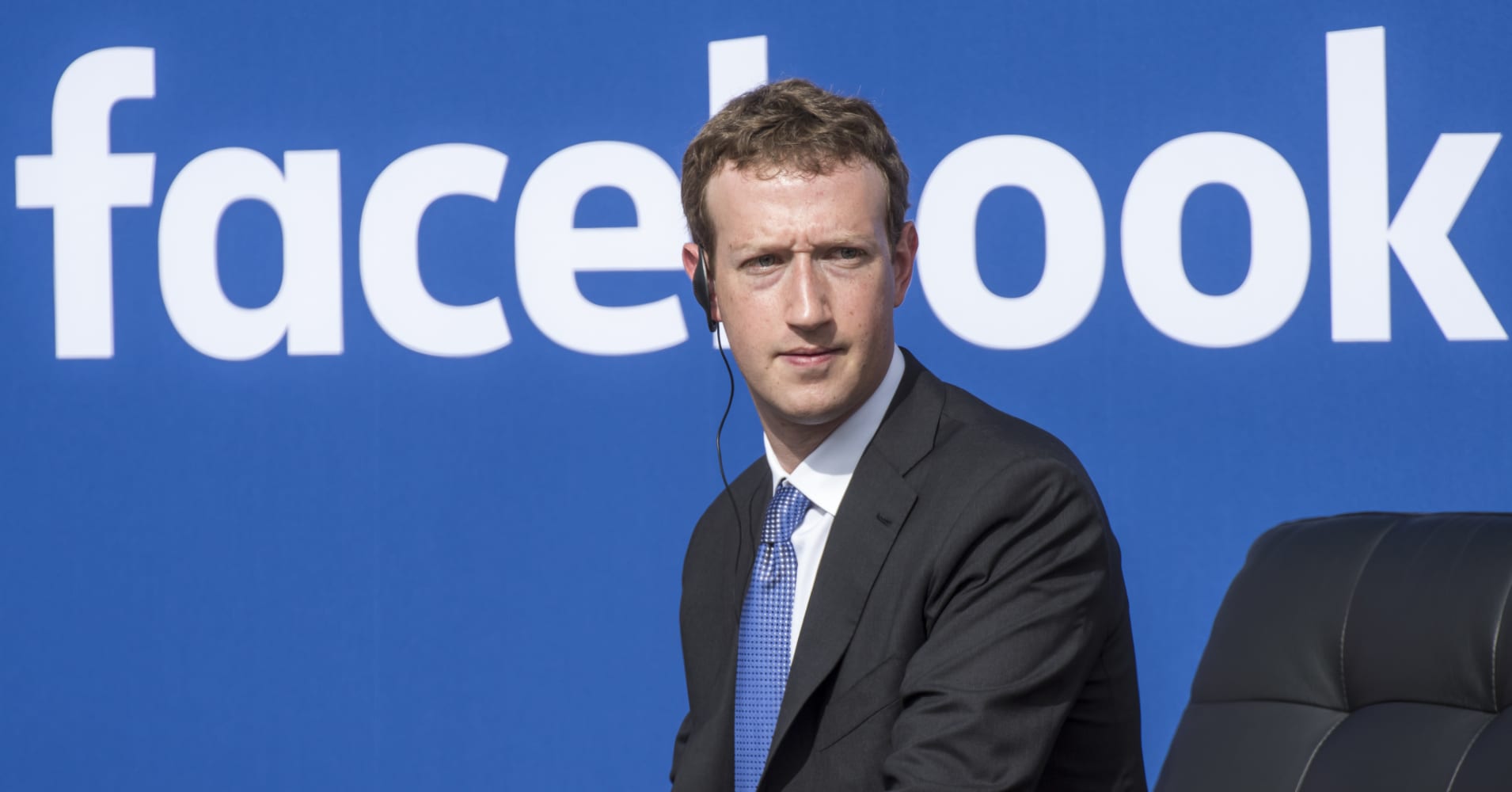
"It may not be so much that LinkedIn is having trouble in China because they`re a foreign company,`` said ``It`s more that they`re having trouble in China because this is not the model people want to use here.`"
A business person in China may blush at making a Rolodex public because it is so personal, and also incredibly valuable. And publicly updating a résumé can be misconstrued by an employer as a signal that an employee is looking for a new job.
Also, with a corruption crackdown ongoing in China, showing the relationships that allow business leaders to get things done can be a liability.
As a result, professional relationships are often managed on a more conventional social network that allows for greater privacy: WeChat. Though at its heart a messaging app, it has a function like Facebook`s newsfeed where people can post. Also widely used are group chats, where school alumni, embittered ex-employees or parents of a local school can keep up with the latest gossip or get a few potential candidates for a new position they have to fill.
With the social side of business life on WeChat, many local services have focused more on the posting of job openings.
``It may not be so much that LinkedIn is having trouble in China because they`re a foreign company,`` said Mark Natkin, founder of tech research firm Marbridge Consulting. ``It`s more that they`re having trouble in China because this is not the model people want to use here.`` Most use Tencent messaging services like WeChat or QQ -- another Tencent messaging service originally built for desktop computers -- to connect for business instead, he added.
That cultural difference has kept a broader swath of the Chinese from joining LinkedIn. Two former employees said that they had quotas of posts they had to write on LinkedIn China`s website each week to help boost activity. One of them, who said she used to write five to 10 posts a week, said it often seemed futile because most people used WeChat for professional discussions. Along with group chats, articles and even long messages easily go viral with people sharing them between groups, or on their moments, roughly the equivalent of a Facebook wall.
A spokesman said the program encouraging employees to post was voluntary.
Selling to customers without experience in international business was often an exercise in explaining why people would want to post their résumé online, one former employee said. As a result most of LinkedIn`s best Chinese consumers were companies with major international operations like Huawei and the drone company DJI.
Xu Mengya, a former marketing employee at LinkedIn China, said that although there were far fewer LinkedIn users in Australia than China, the network there was much more active. She attributed the difference to a more distinct work-life divide, where people use Facebook to communicate with friends and family, and LinkedIn with work connections. In China, she said, everyone uses WeChat for both.
As LinkedIn continues to press ahead, its new legacy may be less its model for going into China, and instead a willingness to accept a more modest type of success -- underscoring the reality that for the world beaters of Silicon Valley, getting into China is only a first step in what can become a long slog.
Although it failed to attract the huge number of users that companies like Alibaba and Tencent have, LinkedIn has attracted a large number of China`s international professional class.
In his departure note, Mr. Shen noted as a sign of its success the fact that the company had 32 million users in China. While that may be less than 5 percent of China`s total internet-using population, a spokesman for the company said it showed the venture was living up to expectations. The company has also attracted more than 1,000 clients since coming to China less than four years ago, he said.
``So they haven`t achieved nothing, they can congratulate themselves on making a start and not having been lapped by any local competitor,`` Mr.
Still, the current and former employees said there were other problems. LinkedIn`s ad and recruiting rates are far more expensive than local competitors, making it hard to sell, according to two former employees.
Simply to get in, LinkedIn needed to create a new operation partially owned by well-connected local investors. Yet the logic also followed that an independent China business would indeed be more independent, allowing it to respond more quickly to local challenges without the myriad phone calls at odd hours required to coordinate with headquarters. But the structure also had a negative side. Benefits and quotas at LinkedIn China were also different from the rest of the company, sometimes damaging morale, the two people also said.
Ultimately however, Ms. Xu said LinkedIn`s original sin was simply being too late and not necessary enough. ``The root of the problem is that Chinese do not need a social platform for work. It is a fact in China that all social activities related to work are on WeChat,`` she said.
``In China, LinkedIn has turned into a hiring website -- a high-end version of domestic hiring sites,`` she said, referring to the many local sites that specialize in listing job opportunities.
``This has led to a lack of activity because it has lost its social side.


0 comments:
Post a Comment